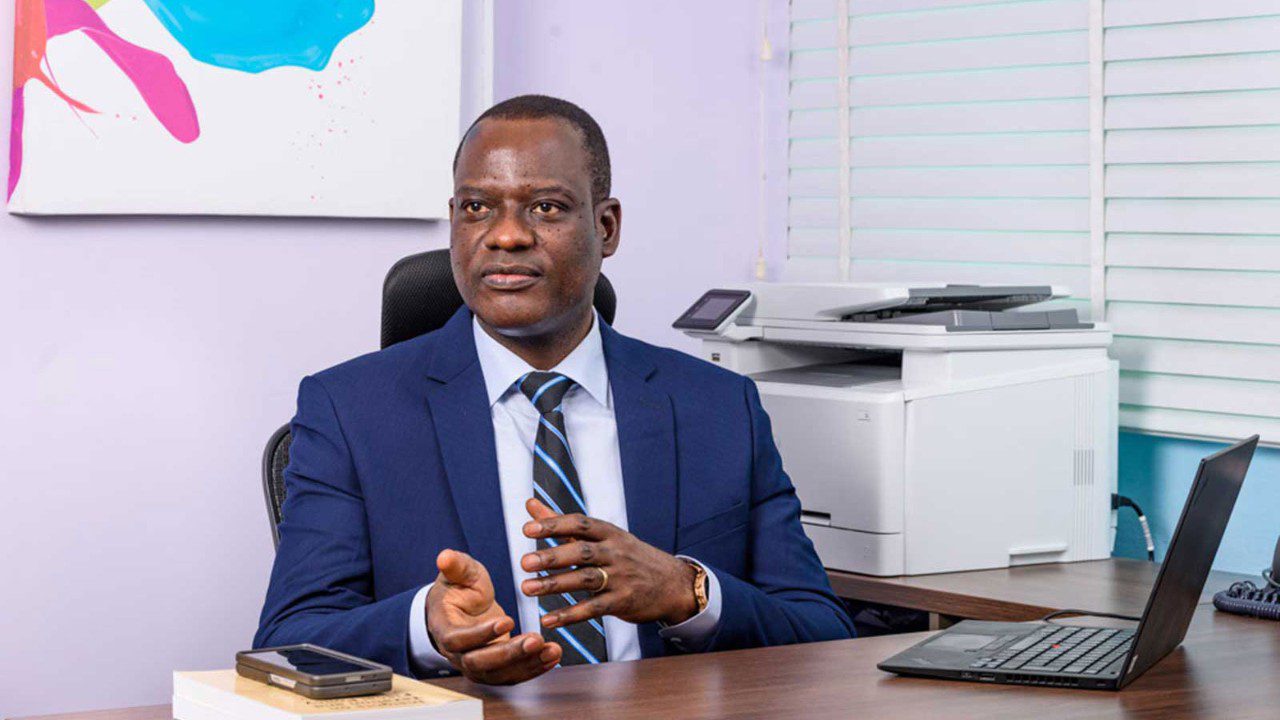Physical Address
60 Ekwema Cres, Layout 460281, Imo
Physical Address
60 Ekwema Cres, Layout 460281, Imo

Nigeria’s FG is collaborating with the US, UK, Canada, and others to track and tax remote workers with foreign earnings in a big way. The government has teamed up with over 100 countries to keep tabs on money coming into Nigeria from remote jobs and online work abroad, according to Taiwo Oyedele, chairman of the Presidential Committee on Fiscal Policy and Tax Reforms. He shared these details during a National Orientation Agency webinar that aimed to explain the country’s tax system in simpler terms.
From now on, any Nigerian getting paid by international companies or through online platforms has to report their foreign income. This covers cash coming from giants like Google as well as smaller overseas companies that hire Nigerians to work remotely. Oyedele stressed that “everyone earning from abroad must declare their income. If you don’t, the system will track the money once it lands in your bank account.” So, the main job still rests on individuals to honestly declare what they earn.
Read Next: WhatsApp Users in South Africa Will No Longer Face Account Loss for Rejecting New Privacy Terms
In terms of how Nigeria’s FG is collaborating to track and tax remote workers, the government relies on partnerships under international rules known as the Common Reporting Standards. Countries like the US, UK, Canada, and even Dubai are already part of this network, where Nigerian accounts and assets overseas are monitored closely.

This approach mixes self-reporting by taxpayers with automatic sharing of financial info between countries. If someone doesn’t declare their foreign income, tax authorities can still estimate and tax it based on the data they collect. The goal is to make sure any money coming into Nigeria from abroad is visible to tax officials and subject to the proper tax rules.
The committee isn’t stopping there—they’re also working with global tech companies to solve problems around collecting Value Added Tax (VAT) on digital services. Previously, physical stores collecting VAT had the advantage since many foreign online services didn’t charge it. Oyedele explained, “We talked with tech firms, understood their concerns, and made agreements that now allow Nigeria to collect billions in taxes from digital platforms.” This is a big win for Nigeria’s tax revenue system.
There are still a few hiccups, though. For example, the tax law has conflicting numbers about turnover thresholds—Section 147 of the Nigerian Tax Administration Act says N100 million, while Section 202 says N50 million. This mix-up came about during the official gazetting, but the committee is already planning to fix things with amendments next year.
Read Next: Google Will Pay $40 Million in Funding to Local South African Media After an Anti-competition Probe
One more major update is the new Capital Gains Tax rules kicking in from January 1, 2026. Profits from investments made before that date won’t be taxed. However, after 2026, any gains will be taxed, thanks to a reset on the cost basis and a clear transition rule.
All of this shows how Nigeria’s FG is collaborating to track and tax remote workers with foreign earnings better than before. It’s a push to make the tax system more transparent and ensure everyone pays their fair share, especially in this growing global online work landscape.
Was this information useful? Drop a nice comment below. You can also check out other useful contents by following us on X/Twitter @siliconafritech, Instagram @Siliconafricatech, or Facebook @SiliconAfrica.